Good practices

Length of asylum procedures

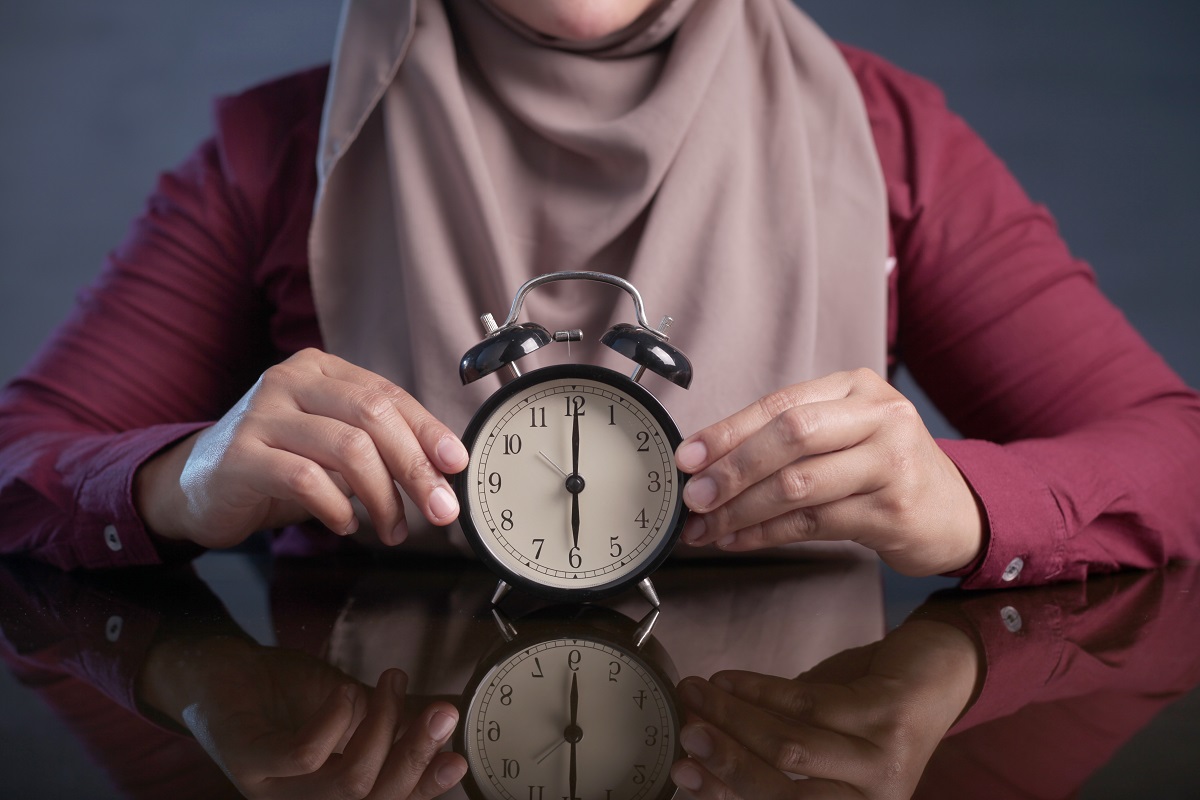 Informing applicants on a mobile app
Informing applicants on a mobile app
The app is an information portal run by people who have fled to Germany. It is financed by the government and private companies. The app provides replies to questions about life in Germany by means of short videos and articles, on the topics of asylum, housing, health, employment, vocational training, childcare or university studies, among others. A search engine assists with finding services and offers in the immediate surroundings. The app is available in seven languages.
For more information, see Handbook Germany, ‘Germany from A to Z’.

Speeding up procedures for unaccompanied children in Milan
The police headquarters of Milan, Italy, dedicates one day a week to asylum claims lodged by children. All different administrative steps, which adults have to do separately, can be done in one day, including photo identification, database verification to avoid duplication of the request, and filling in form C3. This preferential treatment is also applied to renewing a residence permit.
Source: Local child protection authority, Milan
Housing

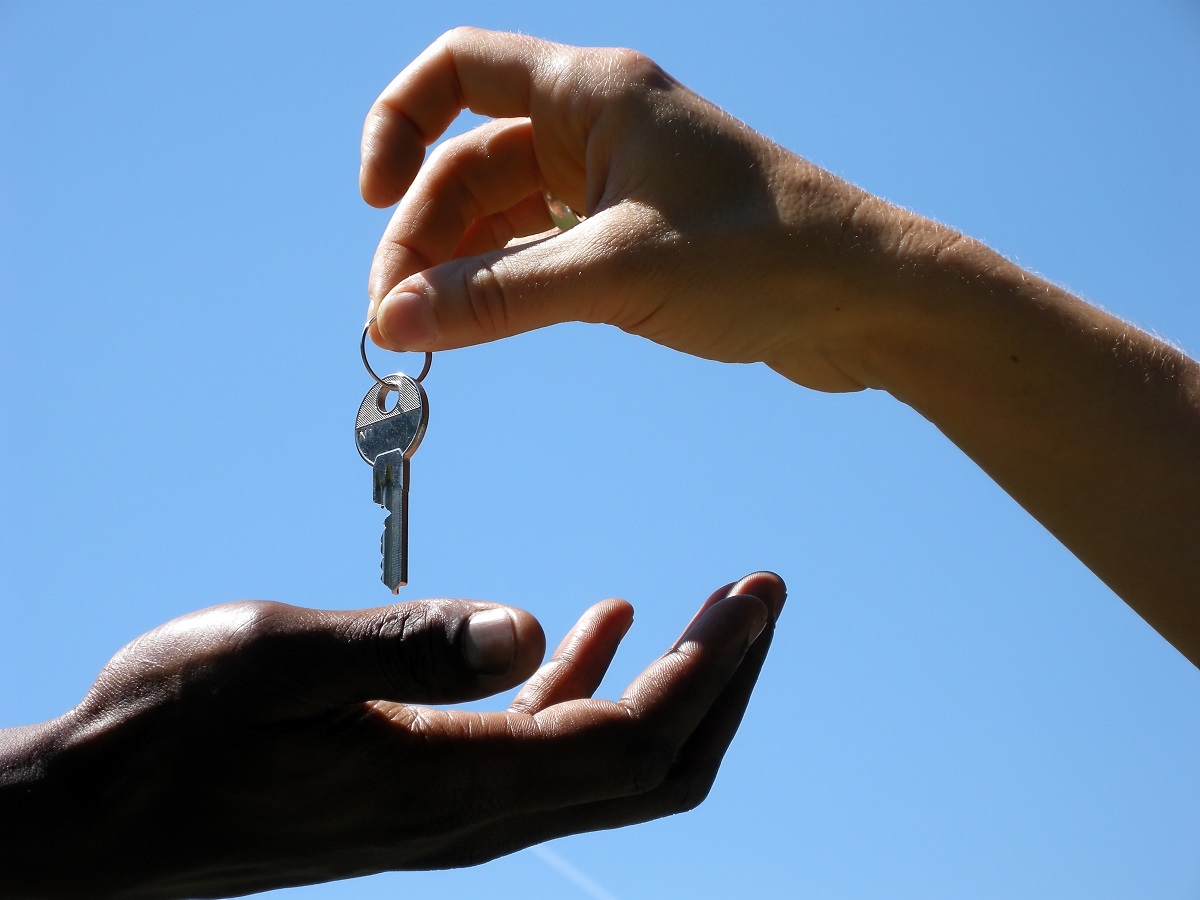 Individual housing upon admission to the asylum procedure in Vienna
Individual housing upon admission to the asylum procedure in Vienna
In Vienna, Austria, the city government explicitly promotes and financially supports individual housing for asylum applicants staying in the reception system of the Land. It is considered the best housing arrangement to foster integration and does not require alternatives to be found when international protection is granted. In addition, public costs for individual housing are lower than for organised facilities. Some 70 % of asylum applicants in Vienna live in individual housing. Asylum applicants transferred to basic care in Vienna are required to go to a central service point and there they get the information on individual housing.
Sources: Experts from organisation providing basic care in Vienna (Fonds Soziales Wien).

Assigning a proportion of vacant flats to refugees in Luleå
The municipal housing company Lulebo has aimed to make 25 % of all vacant flats available for international protection beneficiaries who are assigned to Luleå (Sweden) as their “municipality for introduction”. First families and then unaccompanied young people have priority. Single adult men will first go to temporary accommodation.
Source: Housing experts, Norrbotten region, Sweden

Looking at the past: housing schemes for WWII refugees in Austria
In Austria, after the Second World War, the international community granted loans for up to 50 years to municipalities and housing cooperatives to cofinance the construction of homes for refugees. The housing project financed homes for some 5,400 households.
Refugees living there paid rent. Part of the rent was used to pay back the loans and part was deposited in a special fund for assistance to refugees. When a flat became vacant, the authorities assigned it to a new refugee family. Two organisations implemented the project, the Internationale Aufbauhilfe and the Evangelische Verein für Innere Mission. They also managed the loan repayments until 1971, when the newly created Austrian United Nations Refugee Fund took this over. On 21 July 1991, it was replaced by the Fund for the Integration of Refugees, which used part of the income from the housing project for refugee integration activities. The project came to an end in the early 2000s when all loans were paid back. All rights in the housing moved to the municipality or the housing cooperative.
Source: FRA, 2019 [based on various sources, including Yvonne von Stedingk (1970), Die Organisation des Flüchtlingswesens in Österreich seit dem Zweiten Weltkrieg, Abhandlungen zu Flüchtlingsfragen, vol. VI, Braumüller Verlag, Vienna]

Subletting by NGOs
NGOs in Marseille, France, implement a ‘sliding lease’ system. The NGO rents accommodation, which it sublets to a beneficiary. After subletting the accommodation, the NGO also provides overall social and administrative support (e.g. daily budget management, management of administrative procedures). When the beneficiary is sufficiently independent, the NGO ‘slides the lease’ over, and the beneficiary then becomes the tenant.
Source: Évaluation logement initiative altérité.

Hosting refugees at home
An initiative by Caritas Italy allows interested persons to host an international protection beneficiary at home. The host offers accommodation and food and accompanies the person in their integration efforts. International protection beneficiaries stay with families for six to nine months. Some 1,000 persons have benefited from this project.
Source: Caritas Italiana.

Cooperating with housing agencies
In Upper Austria, the housing agency Vöckla-Ager works together with NGOs that provide social support and counselling for migrants and refugees, to link them with landlords. The rental contract is concluded directly between the landlord and the tenant. The tenant benefits because the housing agency helps to find affordable housing and checks the landlord, which protects the tenant from rental fraud. Benefits for landlords are fourfold: assurance that the tenant is backed by an organisation; legal counselling on rental law; no need to search for a tenant; and availability of the housing agency in case of any problem. This service is provided for free, as the housing agency is a subsidised programme.
Source: Vöckla-Ager

Establishing a contact point for future tenants and landlords
The programme Mehr Wohnungen für Flüchtlinge in Bremen, Germany (“more flats for refugees in Bremen”), an initiative by a non-profit organisation, brings landlords together with asylum applicants and status holders interested in renting housing. It offers advice to both parties and an opportunity for interested landlords to register flats, houses, student rooms in shared flats or individual rooms in a host family for rent. It is funded by Bremen Senate for Social Affairs, Youth, Women, Integration and Sports.
Source: Bremen city website

Bringing together tenants and landlords
Boplats is a housing agency wholly owned by the City of Gothenburg, Sweden. It lists both publicly and privately owned housing available in the region. The agency provides customer service and organises fairs and seminars to help bring tenants and landlords together. However, the waiting time for a flat is on average eight to 10 years.
Source: Boplats

Decentralising the provision of accommodation in small facilities in Italy
Following pilot projects by the Ministry of the Interior, the Italian Association of Municipalities and UNHCR, Law No. 189/2002 created a decentralised accommodation system for asylum applicants and international protection beneficiaries. It was referred to as the SPRAR system. Interested municipalities could request funding to open facilities, which would offer not only accommodation and food, but various other forms of support. Municipalities often cooperated with civil society organisations. SPRAR facilities were usually on a small scale and distributed over the territory, to avoid marginalisation. In December 2018, the system was renamed SIPROIMI and exclusively reserved for international protection beneficiaries and unaccompanied children, relegating asylum applicants to reception centres.
Source: SPRAR and SIPROIMI

Promoting exchange and dialogue in Berlin
‘Berlin creates new neighbourhoods’ (Berlin entwickelt neue Nachbarschaften – BENN) is an integration management programme at 20 locations in Berlin, Germany, with relatively large refugee accommodation facilities. The regional administration of Berlin has set it up in close cooperation with the respective district administrations. The project runs between 2017 and 2021 and is financed by federal, regional and communal funds within the framework of the investment pact Soziale Integration im Quartier and the urban development programme Soziale Stadt. The project aims at community building by promoting exchange and dialogue between long-established and new residents; it fosters active citizenship, empowers new residents to realise their ideas on shaping the neighbourhood and connects individual volunteers with associations, institutions and public authorities. A local BENN team organises participation processes and supports community services’ work.
Source: BENN, Berlin, Senate Department for Urban Development and Housing

Applying the Youth Guarantee to young refugees
The Youth Guarantee (garantie jeunes) is a nationwide scheme for 16- to 25-year-old people living in precarious conditions in France. The youth employment agencies (missions locales) run it. Recipients may benefit for a maximum of one year from:
- a supplement of € 480 per month;
- training on various topics, as needed, enabling them to handle issues related to administration, health, transport, culture, etc. independently, and supporting their educational or professional integration.
Youth employment agencies may offer specific support measures for beneficiaries of international protection, depending on the location; for example, language training is offered in Paris. The supplement facilitates access to housing, and, therefore, provides some stability. However, young beneficiaries of international protection had limited access to the guarantee, interviewed experts found.
Sources: Ministry of Employment and Mission Locale Rennes

Offering language classes and counselling
The municipality of Athens launched a pilot programme for refugee integration named Curing the Limbo, co-funded by the EU. It covers refugees who have been granted asylum in Greece since 2015 and speak Greek, English, Arabic, Farsi or French. The target group is offered language classes and training on computer skills and audio-visual arts, and takes part in one-to-one career counselling, including on how to find and rent affordable homes.
Source: City of Athens, Curing the Limbo

Sponsoring young adults in Bremen
The initiative SchlüsselBund (key chain) connects housing sponsors with young adult asylum applicants and refugees. Interested residents with a spare room or flat offer housing and guidance to a young migrant. The aim is to support the young adult on their way to independent living. The sponsorship programme is funded by youth welfare authorities. The youth welfare authority and the implementing organisation remain points of contact for the duration of the sponsorship. Participants may benefit from advisory services and seminars that deal with legal questions and practical challenges. The sponsor and the young adult receive financial support from the authorities.
Source: SchlüsselBund

Helping in arranging housing in Norrbotten
In the region Norrbotten in Sweden, when children with protection status turn 18, social workers move them to flats that they can sublet from social services. The subletting through social services is a guarantee for landlords. Case officers from the municipality regularly visit and support these young persons. After one year, the person usually has the lease transferred to them. Before they turn 18, children and social workers have a talk about the practical implications of reaching adulthood in Sweden, for example in relation to the use of alcohol, drugs and tobacco, as well as individual responsibility to manage their education and continue their activities in sports associations or other physical activities. If the unaccompanied child is assessed as needing extra help during the transition, social services appoint a contact person, to whom the child can turn to for social support.
Source: Local focus group on housing, Norrbotten, Sweden
Social welfare for status holders

 Providing information on social assistance at municipal level
Providing information on social assistance at municipal level
The municipality of Vänersborg (Västra Götaland, Sweden) has set up a refugee reception unit where refugees assigned to or choosing to live in the municipality are informed of various benefits they can apply for. The unit has drop-in hours twice a week. The Migration Agency refers people to the unit once they are granted international protection. They are assigned a contact person for advice and support (råd- och stödkontakt), who maintains contact during the two-year introduction programme at the Public Employment Services (Arbetsförmedlingen). The contact person is a social worker, who also administers the protection status holders’ income support, if needed. The contact person provides support in practical matters, for example enrolling in a Swedish language class, registering children at school, getting a bank account and a bank card or finding suitable furniture, or simply showing the person around town.
Source: Vänersborg

Guidance facilitating issuance of social security numbers in Greece
Persons in need of international protection have difficulty obtaining social security numbers (AMKAs), the Greek Ombudsman found. In response, the Ministry of Migration Policy and the Ministry of Labour and Social Solidarity issued a circular in February 2018 clarifying a number of things, which improved access to health benefits and services: The residence permit for international protection and the asylum application card comply with the requirements for the type of documents needed to issue an AMKA to foreign nationals. There is no need for an employment relationship or the provision of services or work, or affiliation to a social security body or health institution. It is not mandatory for unaccompanied children to indicate the AMKA of a representative or guardian. This circular was complemented by a new one issued in June 2019, which was, however, revoked in July 2019. Following the revocation and in the absence of new guidance, the first circular is not implemented, even though it is in force.
Sources: Greece, Circular 31547/9662/13.2.2018 on the issuance of AMKA to beneficiaries and applicants of international protection; Greek Ombudsman (2018); Circular 80320/28107/1857/20.6.2019; Revocation announcement Φ.80320/οικ.31355/Δ18.2084

Adapting the language to the target group in Sweden
In Västra Götaland, the region’s public housing agency (Boplats) has started to provide information in Arabic, Somali and other common languages since the arrivals of 2015. The social services have revised their written and spoken language to make it more accessible and less bureaucratic. They use a programme called Klarspråk (plain language) to adjust the texts used to explain decisions. These changes have improved the clients’ ability to understand the grounds on which they have been granted or denied social support such as income support.
Sources: Social welfare authority expert, Västra Götaland, and Boplats
Mental health

 Counselling and information provided to young refugees in Bremen
Counselling and information provided to young refugees in Bremen
The ‘advice café’ (Beratungscafé) for young refugees in Bremen, Germany, offers young persons support and advice concerning day-today matters. This may include help in doing homework, applying for a job, housing or social benefits, or reading or writing official correspondence, e.g. invoices for electricity or mobile phones. For legal matters, young refugees are referred to other services. The café is integrated into a more general set of offers to young persons with and without a refugee background, including for example the Youth Meet-up (Jugendtreff). The project specifically supports young persons phasing out – or never having benefited from – youth welfare support, independently of their status as asylum applicant or beneficiary of international protection. The project has relied on volunteers’ activity and secured institutional funding from the City of Bremen since 2018.
Source: Fluchtraum Bremen

Facilitating referral to specialised services in Milan and Rome
The Milan Vulnerabilities Network (Rete Milanese Vulnerabili) facilitates referral to specialised medical services, based on a local protocol. The network has strengthened cooperation among healthcare and social professionals in identifying and treating vulnerable and complex cases among asylum applicants and protection status holders. The network is composed of municipal authorities, NGOs providing housing and psychological support, psychiatric rehabilitation centres, forensic medicine centres, and ethnopsychiatric and neuropsychiatric services. It has been extending its membership to include the regional health service and the different hospitals and public healthcare companies active in the city of Milan.
In Rome, the Local Healthcare Department – Rome 1 (Azienda Sanitaria Locale Roma 1) runs a project called FARI 2. It enhances detection and referral, including by training professionals operating in local healthcare and social services. Each beneficiary of the project will have an individual tailored recovery project, which includes the necessary health and psychological assistance as well as activities to foster inclusion in the labour market.
Sources: Rete Milanese Vulnerabili (2017). Azienda Sanitaria Locale Roma 1 and Ministry of Interior (2019)
Education for children

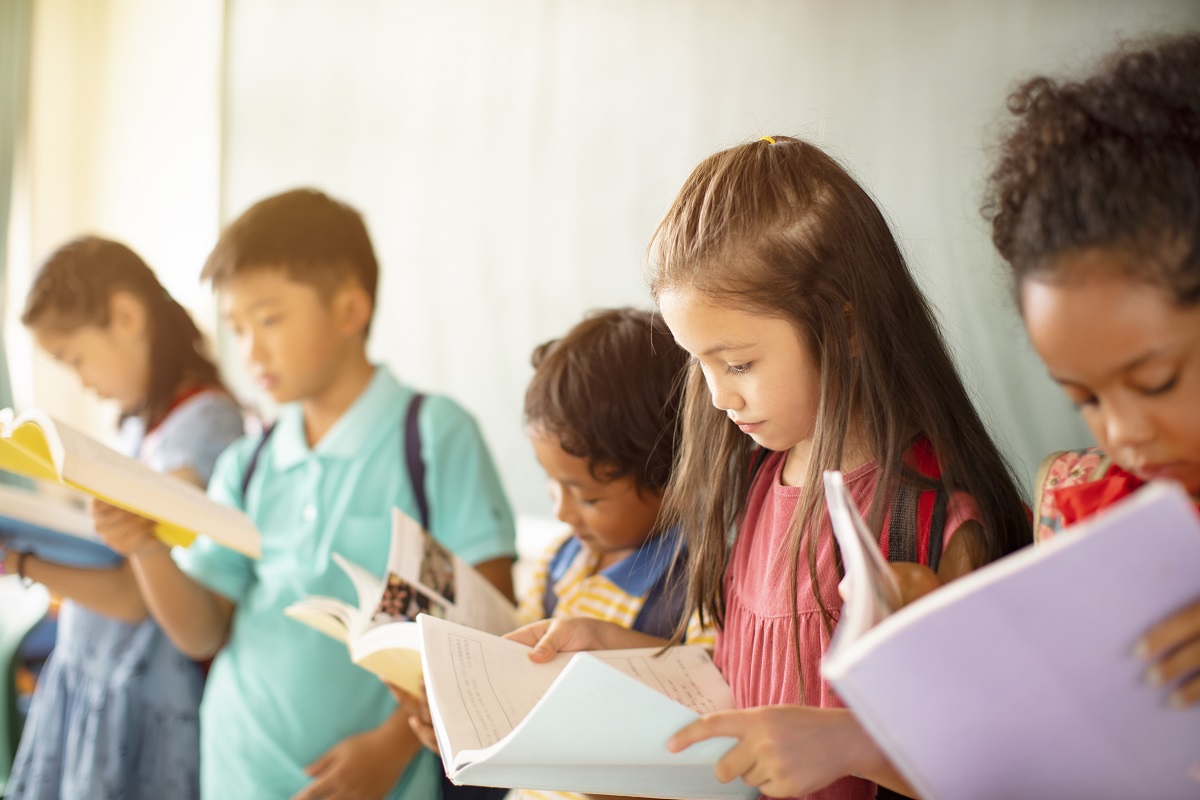 Using the European Social Fund for targeted education services in Vienna
Using the European Social Fund for targeted education services in Vienna
The "Start Wien – the Youth College" programme, which is co-funded by the European Social Fund, offers tailored language courses and courses in basic education or literacy to 1,000 refugees and subsidiary protection status holders between 15 and 21 years of age. The programme helps them obtain school-leaving certificates and access secondary schools, vocational training or a job. Basic education and language training are also available to those who have completed compulsory schooling in their home country. The programme also allows persons beyond compulsory school age to get a certificate of school completion. It also provides an assessment of abilities.
Source: Education authority expert, Vienna, and the City of Vienna’s Youth College programme

Providing differentiated ‘preparatory classes’ to older children
In France, UPE2A classes are offered to pupils who have previously been enrolled in school but do not speak French.* Their purpose is language acquisition. Students who have not been enrolled in school before follow UPE2A-NSA (Unité Pédagogique pour Élèves Allophones Arrivants) and MLDS (Mission de Lutte contre le décrochage Scolaire) classes. Some schools offer MoDAc (Module d’Accueil et d’Accompagnement) classes.** The objective of these classes is the acquisition of the French language as well as the basics of reading, writing and arithmetic, to allow students to join an ordinary class thereafter. These separate classes are integrated into French state schools.
Sources: France, Ministry of National Education, Circular 12/141 (Circulaire No. 2013– 141), 2 October 2012, and Circular No. 2012-143 (Circulaire No. 2012-143), 2 October 2012. France, focus groups and individual interviews with educational experts.

Addressing lack of places in school through NGO support
In France, experts described an ad hoc solution adopted to deal with lack of places for newly arrived students in regular French schools: schooling through NGO support. For example, in Marseille, the local education authority in cooperation with two NGOs, called Pep13 and Centre d’Innovation pour l’Emploi et le Reclassement Social (Innovation Centre for Employment and Social Rehabilitation), runs two non-governmental schools that can enrol newly arrived foreign children who arrive during the school year. In Lille, the NGO Centre de la Réconciliation has been operating a ‘solidarity school’ (école solidaire) since September 2017 with 20 volunteer teachers. Not only did experts assess that the quality of education is the same as in state schools, but they highlighted that such schools have the flexibility to adapt to the needs of pupils, which especially benefits students with limited or no previous schooling.
Although these schools are a good way to enable the schooling of more children than the existing capacity of state schools allows, they have fewer training opportunities than state schools.
Sources: Education experts, Marseille
Adult education and vocational training

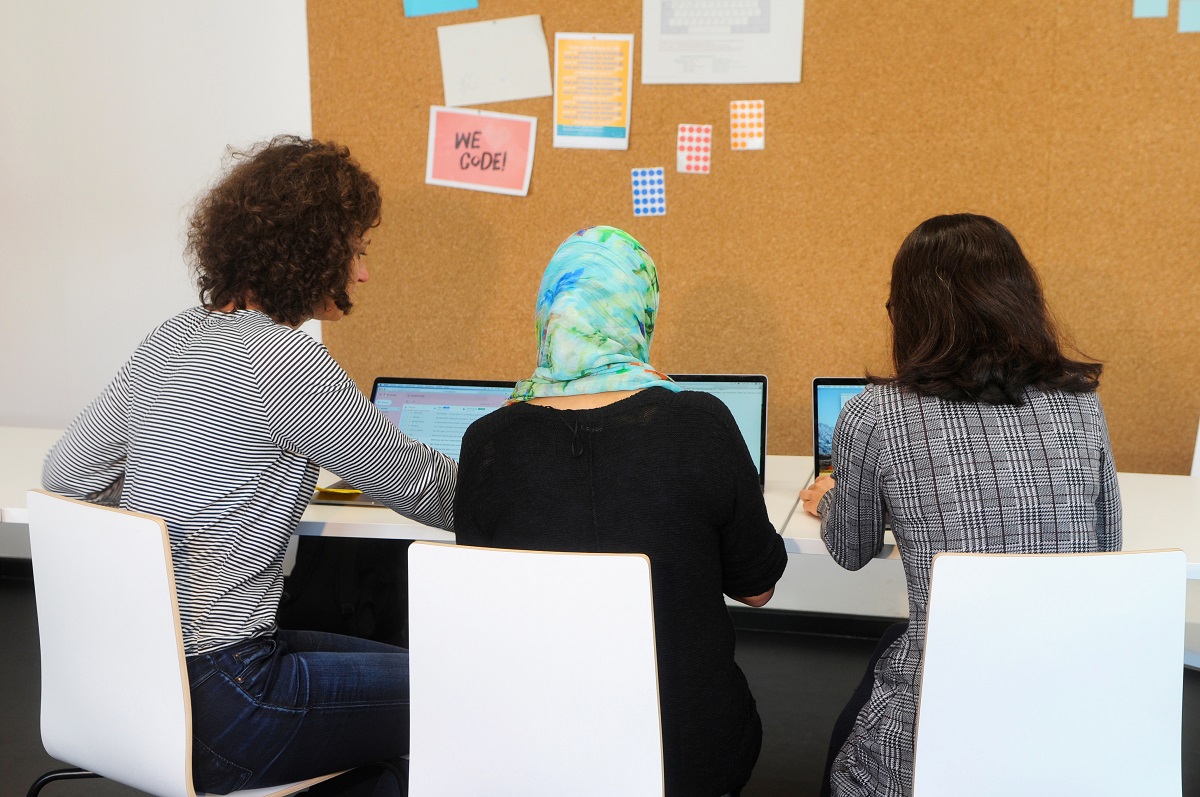 Providing integration support to enter the labour market
Providing integration support to enter the labour market
In Sweden, in 2015, the government initiated an integration programme called “fast tracks” (Snabbspåret) to support newly arrived protection status holders who have professional skills and education needed on the Swedish labour market. The “fast tracks” include language training, early assessment of each person’s skills and education, faster validation of non-Swedish education and degrees, special language training focused on the professional language of different professions, trainee jobs in combination with language training, job matching and supplementary education if needed. There are fast tracks for many professions, for example teachers, doctors, nurses, and electrical and mechanical engineers.
Sources: Sweden, Ministry of Employment, 'Fast track – a quicker introduction of newly arrived immigrants’; and Labour-INT, ‘From arrival to work – fast tracks – a quicker introduction of newly arrived refugees and migrant’

Offering professional training contracts in France
The Hébergement, Orientation, Parcours vers l’emploi des réfugiés (HOPE) programme was set up in 2017 as a pilot programme for 200 beneficiaries, by the National Agency for Adult Vocational Training (Agence nationale pour la formation professionnelle des adultes – AFPA), the state and approved operators (opérateurs de compétence). It provides international protection beneficiaries and asylum applicants with (work-related) language training and professional training through a work-study scheme (professional training contract). The programme provides accommodation and food throughout the course as well as administrative, social, professional, medical and other support. In 2018, 1,500 trainees followed the programme and almost all had signed a professional training contract.
Sources: AFPA ‘L'insertion professionnelle au coeur de l'intégration des réfugiés: le livre blanc’ and ‘Hope: l'essentiel en chiffres’

Accompanying young adults in Austria
JUST Integration, a foundation set up by Austrian Economic Chambers (Wirtschaftskammer Österreich – WKO) and the Austrian Trade Union Federation (Österreichischer Gewerkschaftsbund – ÖGB), supports and advises young adult beneficiaries of international protection. Advisors map the young adults’ previous knowledge and interests, develop an education programme for them and support their integration into internships.
Source: JUST Integration

Offering entry qualification measure in Germany
The entry qualification measure (Einstiegsqualifizierung), enables individuals who are no longer subject to general compulsory schooling to pursue a 6- to 12-month internship with an employer with the purpose of transferring into vocational training at the end of the programme. The measure is open to adolescents and young adults more generally; individuals with a protection status have unrestricted access; asylum applicants can participate after three months of stay and if approval is granted by the immigration authority. Participants receive a small remuneration, for which employers can be (partially) refunded by the employment agency or job centre responsible. The programme encourages the participants’ attendance at vocational school. Participants may also be granted vocational training support (Ausbildungsbegleitende Hilfen), such as tutoring in German or other subjects.
Source: Bundesagentur für Arbeit (2017), Germany, Sozialgesetzbuch III, Section 54a. Ibid., Section 75.
Vulnerability to crime


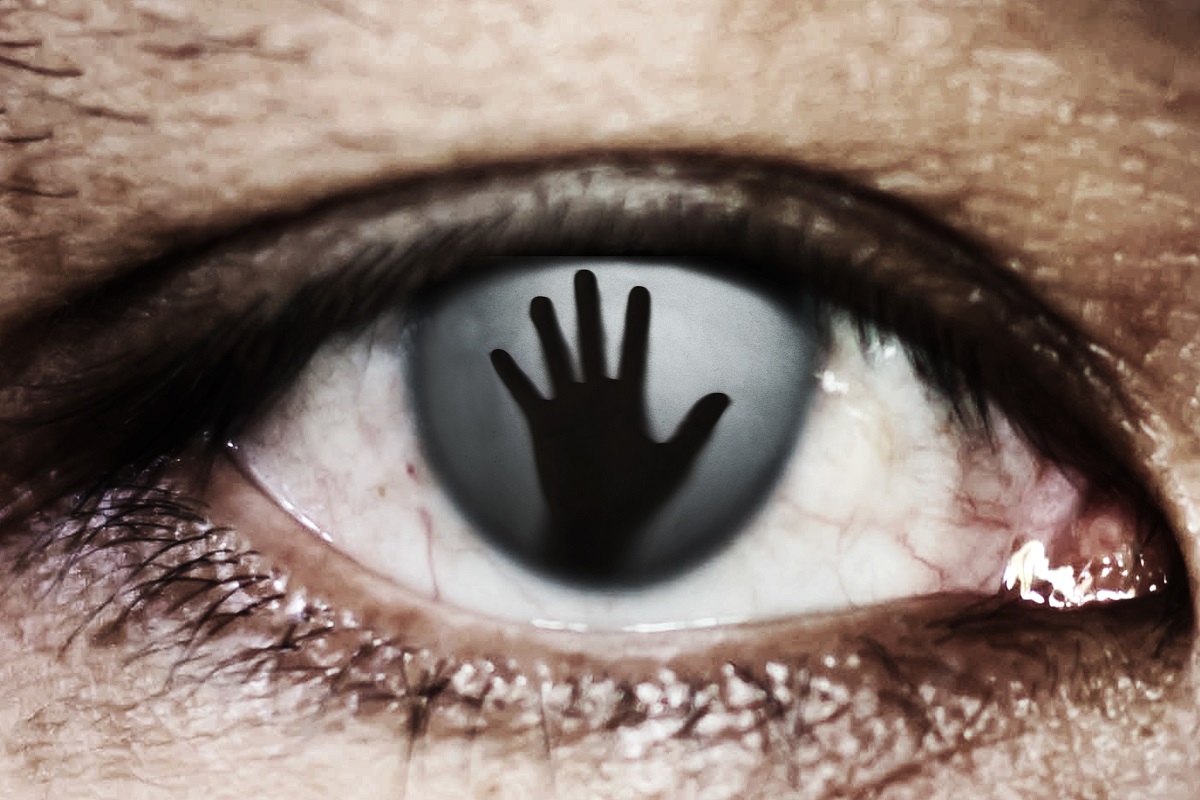 Establishing refugee contact officers in Austria and Sweden
Establishing refugee contact officers in Austria and Sweden
In Upper Austria, the police initiated the Competence and Situation Centre Migration (Kompetenz- und Lagezentrum Migration) in cooperation with NGOs that operated reception centres, and trained 180 police officers to be ‘refugee contact officers’. They regularly visit reception centres, educate the staff on safety awareness and provide asylum seekers with information about the criminal justice system and criminal law and victim protection.* Similar initiatives have been implemented in Viennaand in Västra Götaland in Sweden.
Sources: Interviews with law enforcement experts in Austria and Sweden

Supporting refugees and migrants with addictions
The Therapy Center for Dependent Individuals (KETHEA) in Athens, Greece, runs a programme aimed specifically at providing information, counselling, psychological support and relapse prevention services to immigrants and refugees with addictions. This can also have a crime prevention effect. The KETHEA Mosaic programme also provides psychological support and other preventative activities for children, to reduce the factors that lead to addiction and impede social integration. Experts also train professionals working with migrants. In cooperation with the International Organization for Migration, the programme runs intervention and prevention programmes in reception facilities.
Source: Kethea

Organising cross-departmental case conferences
Law enforcement experts in Bremen, Germany highlighted the practice of organising cross-departmental meetings on cases of children in conflict with the law, to consider at an early stage whether or not to provide tailored support measures. Such measures are usually pedagogical, but may also, depending on the case, involve change of accommodation or drug rehabilitation. The conferences bring together the case manager, youth welfare authority, police and, where appropriate, teachers or migration authorities.
Source: Law enforcement authority, Bremen, Germany